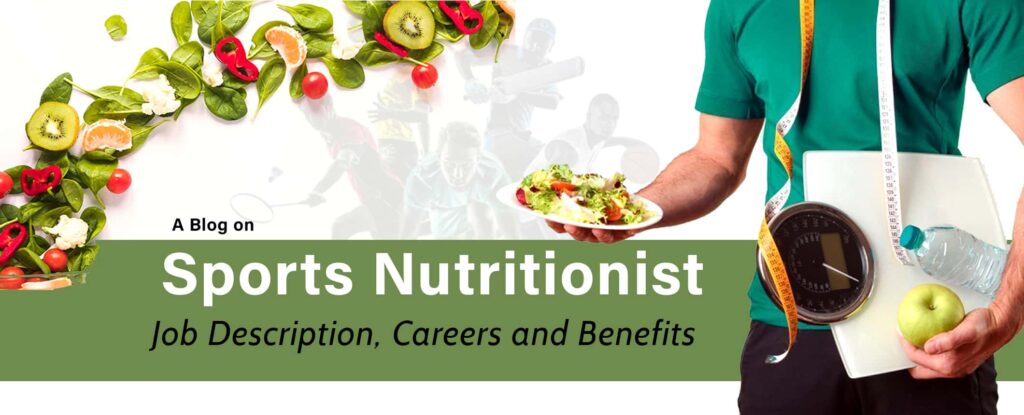Sports nutrition supplements
For instance, whey protein ingested close to resistance exercise, promotes a higher activation (phosphorylation) of mTOR (a key signaling protein found in myocytes that is linked to the synthesis of muscle proteins) and its downstream mRNA translational signaling proteins (i https://dreaminjector.com/uncategorized/amazing-link-zeus/.e., p70s6 kinase and eIF4BP) that further suggests timed ingestion of protein may favorably promote heightened muscle hypertrophy . Moreover, it was found that the increased mTOR signaling corresponded with significantly greater muscle hypertrophy after 10 weeks of training . However, the hypertrophic differences between protein consumption and a non-caloric placebo appeared to plateau by week 21, despite a persistently greater activation of this molecular signaling pathway from supplementation. Results from other research groups show that timing of protein near (± 2 h) aerobic and anaerobic exercise training appears to provide a greater activation of the molecular signalling pathways that regulate myofibrillar and mitochondrial protein synthesis as well as glycogen synthesis.
Taking each of these variables into consideration, the effects of supplemental protein consumption has on maximal strength enhancement are varied, with a majority of the investigations reporting no benefit and a few reporting improvements in maximal strength . With limited exceptions , most of the studies utilized young, healthy, untrained males as participants. In one investigation examining college football athletes supplementing with a proprietary milk protein supplement (two servings of 42 g per day) for 12 weeks, a 14.5% increase in maximal squat strength was observed compared to a 6.9% increase in the placebo group . These differences were statistically significant. When females were the only sex investigated, the outcomes consistently indicated that supplemental protein does not appear to enhance maximal strength at magnitudes that reach statistical significance. Hida et al. reported that females supplementing with 15 g of egg white protein (which raised daily protein intake to 1.23 g of protein/kg body weight/day) experienced no improvements in maximal upper and lower body strength as compared to a carbohydrate placebo (ingesting one gram of protein/kg body weight/day) over an 8-week period. An important note for this study is that 15 g of egg protein is considered by many to be a sub-optimal dose . However, others have advocated that the total daily intake of protein might be as important or more important . In another study, Josse et al. reported that non-resistance trained females supplementing with one liter of skimmed bovine milk (providing 36 g of protein) after resistance exercise improved maximal strength in seven of nine measures as compared to a carbohydrate placebo group, but only the improvements to maximal bench press strength attained statistical significance compared to the placebo. In contrast, Taylor and colleagues reported that pre- and post-exercise whey protein ingestion significantly increased maximal upper-body strength (+4.9 kg bench press one repetition maximum) in comparison to changes seen when a maltodextrin placebo (+2.3 kg) was ingested in a group of female collegiate basketball players over an 8-week period.
Protein sources are commonly evaluated based upon the content of amino acids, particularly the EAAs, they provide. Beyond amino acid content, the fat, calorie, and micronutrient content, and presence of various bioactive peptides all contribute to a protein’s quality.
Degrees in sports nutrition
Are you passionate about the science behind athletic performance, exercise physiology, and the role nutrition plays in optimizing physical health? CSP Global’s fully online PhD or EdD in Kinesiology with a Sports Nutrition concentration can help you turn your passion into expertise.
Students that are searching for degree programs in sports nutrition are encouraged to select one that is accredited by a nationally recognized accrediting agency such as the Accreditation Council for Education in Nutrition and Dietetics (ACEND). In addition, the program should prepare students to sit for the Board Certified Specialist in Sports Dietetics (CSSD).
Earn your Master’s degree in Exercise and Sports Nutrition (ESN) at TWU. Explore research and study opportunities that allow you to determine how diet and exercise impact health and athletic performance.
At CSP Global, our PhD or EdD in Kinesiology with a Sports Nutrition concentration allows students to deepen their understanding of these principles through advanced coursework, hands-on application, and extensive research opportunities. If you want to become a sports nutritionist, furthering your nutrition education in the health sciences will set you up for success.
*2021 US Bureau of Labor Statistics salary figures and job growth projections for dietitians and nutritionists reflect national data not school-specific information. Conditions in your area may vary. Salary statistics representing entry-level/early career = 25th percentile; mid-level= 50th percentile; senior-level/highly experienced = 90th percentile. Data accessed April 2022.
Our online M.S. in Nutrition – Sport Nutrition features multiple start dates to accommodate your busy schedule. Find the start date that works best for you and apply before the application deadline associated with it.

Sports nutrition salary
Sports nutritionists play a crucial role in optimizing athletes’ performance through personalized nutrition plans and dietary advice. With the growing focus on health, fitness, and athletic performance, the demand for sports nutritionists is on the rise. If you’re considering pursuing a career in sports nutrition or simply curious about the field’s salary outlook, this guide will explore the salary trends for 2025, factors that influence earnings, job security, and how certifications and education can affect your earning potential.
Looking forward, the field of sports nutrition is expected to evolve based on emerging trends. Personalization of diet plans through DNA testing and advanced metabolic profiling is at the forefront. This personalized approach allows nutritionists to tailor diets more effectively, enhancing athlete performance.
When exploring the financial aspects of being a sports nutritionist in 2025, it’s essential to consider various factors influencing income. According to industry surveys and reports, the average salary ranges significantly based on several variables. Factors such as geographic location, experience level, and the specific employment setting (private practice, hospital, sports teams) all play crucial roles in salary determination.
While the income potential may seem promising, many sports nutritionists face challenges worth noting. The industry can be competitive, requiring professionals to continually adapt and stay informed of emerging trends. Additionally, the reliance on athlete performance can create pressure—especially in high-stakes environments like professional sports or Olympic teams.
According to the U.S. Bureau of Labor Statistics, all dietitians and nutritionists can expect a 16% growth in demand for their skills between the years of 2014 and 2024. This is much faster than the national average and is believed to be closely linked to the current obesity epidemic.
